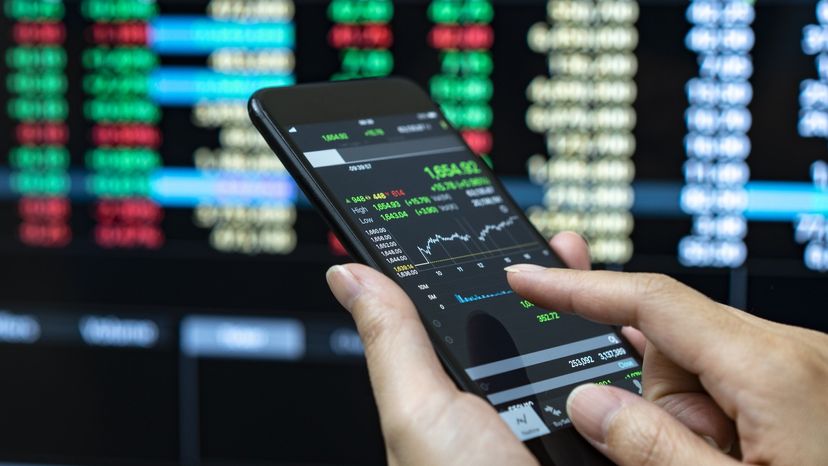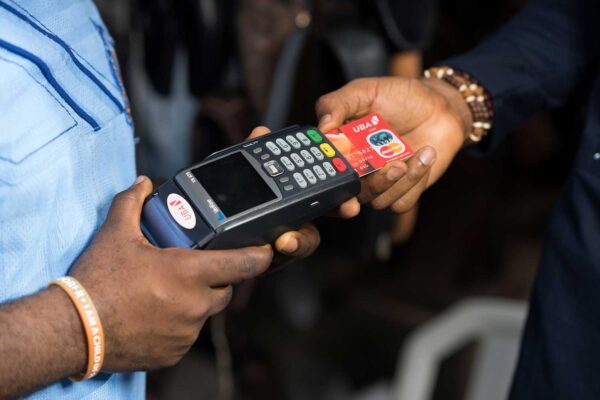Choosing the Right Forex CFD Broker: What to Look For
 Posted On
Posted On
Forex CFD trading offers a dynamic avenue for investors to engage in the financial markets. Combining the vast liquidity of the Forex market with the flexibility of CFDs, traders can access various trading opportunities. However, the foundation of a successful trading journey lies in selecting the right broker. This guide aims to provide a detailed roadmap of the essential factors to consider when choosing a Forex CFD broker, ensuring your trading experience is secure and efficient.
Regulatory Compliance and Security
When selecting a Forex CFD broker, regulatory compliance and security should be at the forefront of your considerations. Regulation ensures that the broker operates within the legal framework set by financial authorities, offering a layer of protection to traders. Key regulatory bodies such as the Financial Conduct Authority (FCA) in the UK, the Australian Securities and Investments Commission (ASIC), and the Cyprus Securities and Exchange Commission (CySEC) play crucial roles in monitoring and enforcing industry standards.
Security measures implemented by brokers are equally important. Look for brokers that use advanced data encryption techniques to safeguard your personal and financial information. Additionally, segregated accounts, where client funds are kept separate from the broker’s operational funds, provide an extra level of security. Investor protection schemes, such as compensation funds, can also offer peace of mind in case of broker insolvency. Explore how to trade the NFP to get started.
Trading Platforms and Tools
The trading platform is your gateway to the Forex and CFD markets, making its usability and functionality critical to your trading success. A user-friendly platform with an intuitive interface can enhance your trading experience, allowing you to execute trades efficiently and manage your positions effectively. Popular trading platforms such as MetaTrader 4 (MT4), MetaTrader 5 (MT5), and cTrader are widely recognized for their robust features and reliability.
Essential trading tools available on these platforms include advanced charting software, a variety of technical analysis indicators, and automated trading capabilities. These tools can help you analyse market trends, identify trading opportunities, and execute strategies with precision. Proprietary platforms offered by some brokers may also provide unique features tailored to specific trading styles.
Account Types and Leverage Options
Different brokers offer a variety of account types to cater to the diverse needs of traders. Standard, mini, micro, and VIP accounts are common options, each with its own set of features and requirements. Understanding the differences between these account types can help you choose one that aligns with your trading goals and capital.
Leverage is a critical aspect of Forex CFD trading, allowing you to control larger positions with a relatively small amount of capital. However, while leverage can amplify profits, it also increases risk. It is essential to understand the broker’s leverage and margin policies, including the maximum leverage offered and the margin requirements, to manage your risk effectively.
Costs and Fees
Trading costs can potentially significantly impact your overall profitability, making it essential to understand the various fees associated with Forex CFD trading. Brokers typically earn through spreads and commissions. Spreads can be fixed or variable, with variable spreads often changing based on market conditions. Commission-based accounts may offer tighter spreads but charge a commission on each trade.
In addition to spreads and commissions, be aware of other potential fees such as overnight financing fees (also known as swap rates), withdrawal fees, and inactivity fees. Understanding the full cost structure of a broker will help you make informed decisions and avoid unexpected expenses.
Customer Support and Service
Reliable customer support is crucial for resolving any issues promptly and ensuring a smooth trading experience. The availability and quality of support can vary significantly between brokers. Look for brokers that offer multiple support channels, including live chat, email, and phone support, to cater to different preferences.
The availability of customer support is also important. Some brokers provide 24/5 support, aligning with the Forex market’s trading hours, while others offer 24/7 support. Efficient and knowledgeable customer service can assist you with platform navigation, technical issues, and account-related inquiries, contributing to a better trading experience.
Education and Research Resources
Access to educational materials and research tools can enhance your trading knowledge and decision-making process. Many brokers offer a wealth of educational resources, including webinars, tutorials, e-books, and articles, to help traders of all levels improve their skills.
Research tools such as economic calendars, market analysis reports, and trading signals can provide valuable insights into market trends and potential trading opportunities. Utilising these resources can help you stay informed and make more strategic trading decisions.
Deposit and Withdrawal Options
Convenient and efficient deposit and withdrawal options are vital for managing your trading account. A variety of payment methods, including bank transfers, credit/debit cards, and e-wallets, provide flexibility and ease of access.
The speed and efficiency of processing deposits and withdrawals are also important considerations. While some brokers process transactions almost instantly, others may take several business days. Be aware of any associated fees and transaction limits, as these can vary between brokers.
Conclusion
Choosing the right Forex CFD broker involves careful consideration of various factors, including regulatory compliance, trading platforms, account types, costs, customer support, educational resources, deposit and withdrawal options, trading conditions, and the broker’s reputation. A comprehensive evaluation of these elements will ensure that you select a broker that aligns with your trading goals and provides a secure and efficient trading environment.







